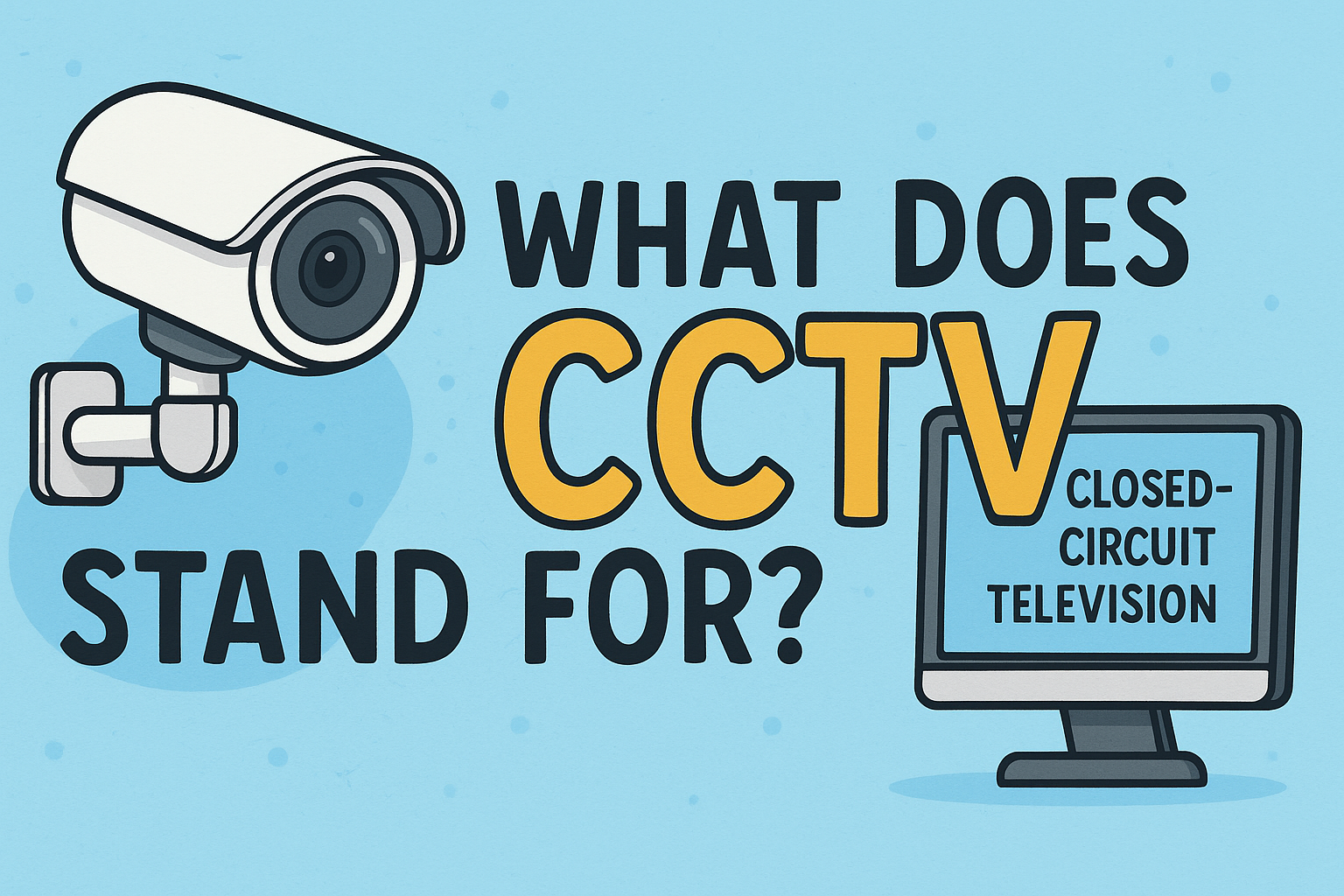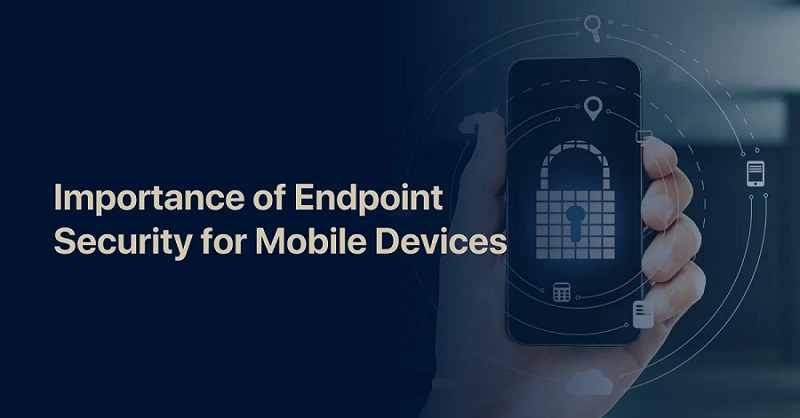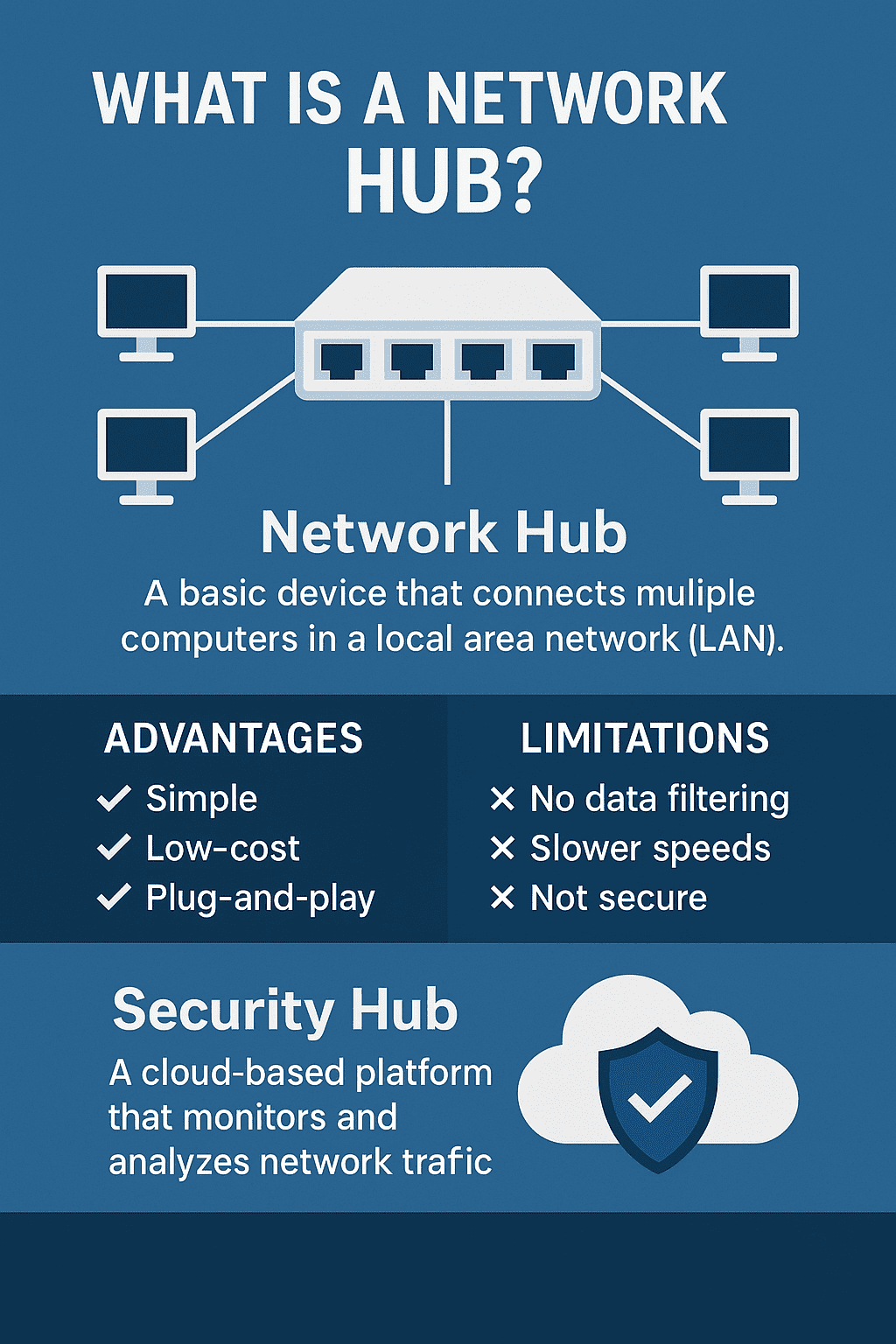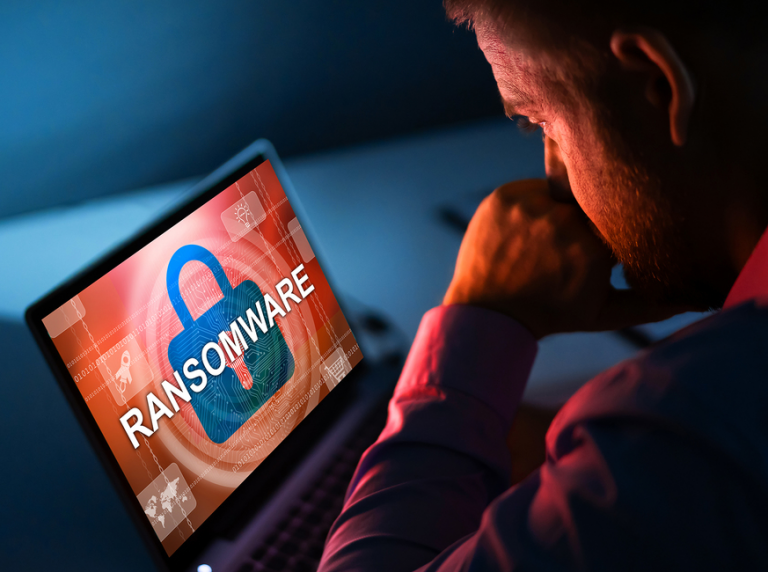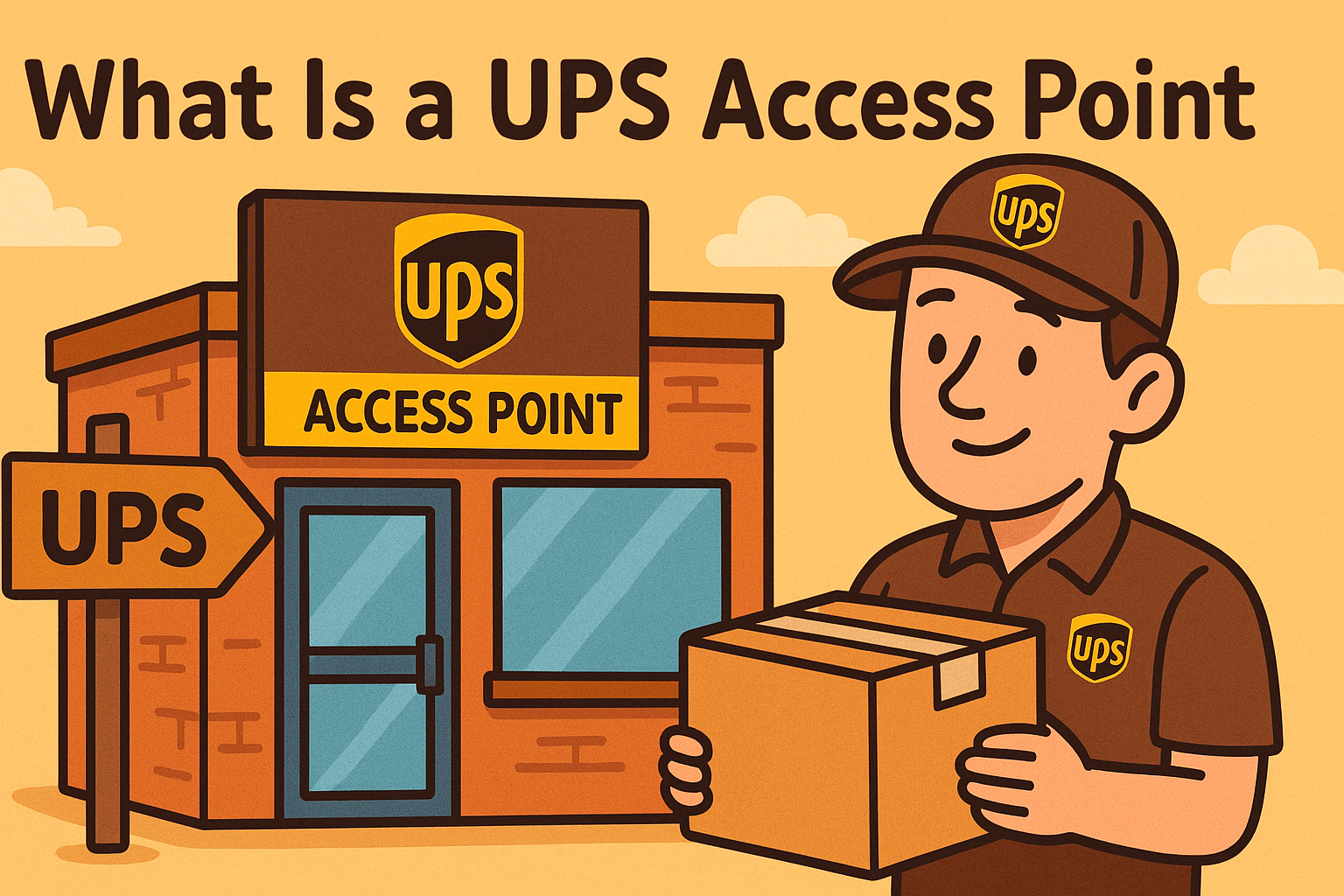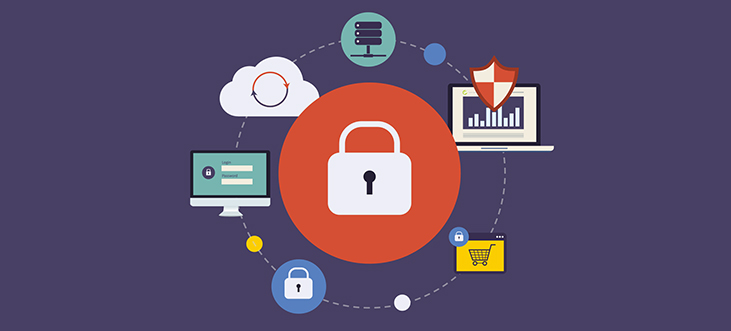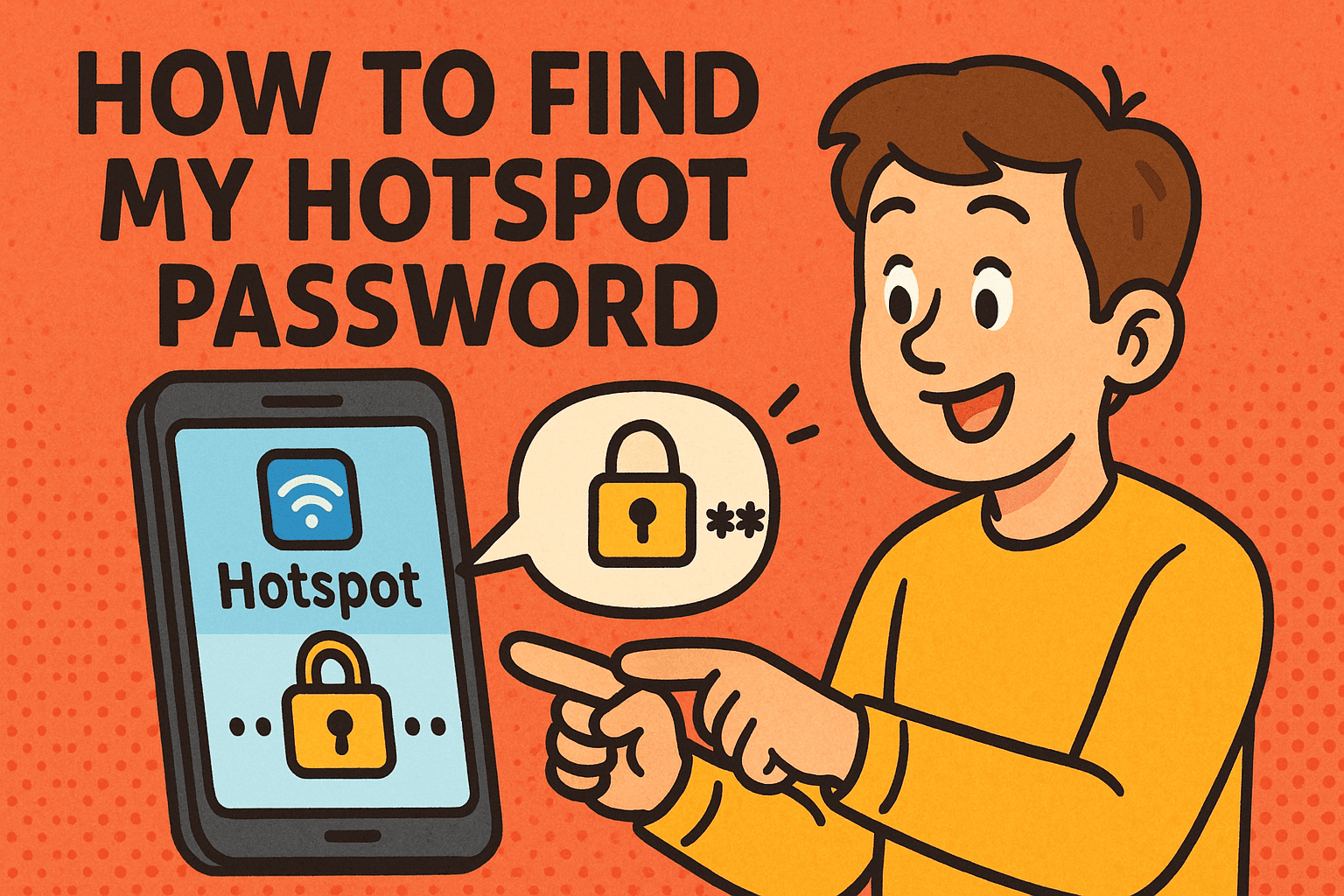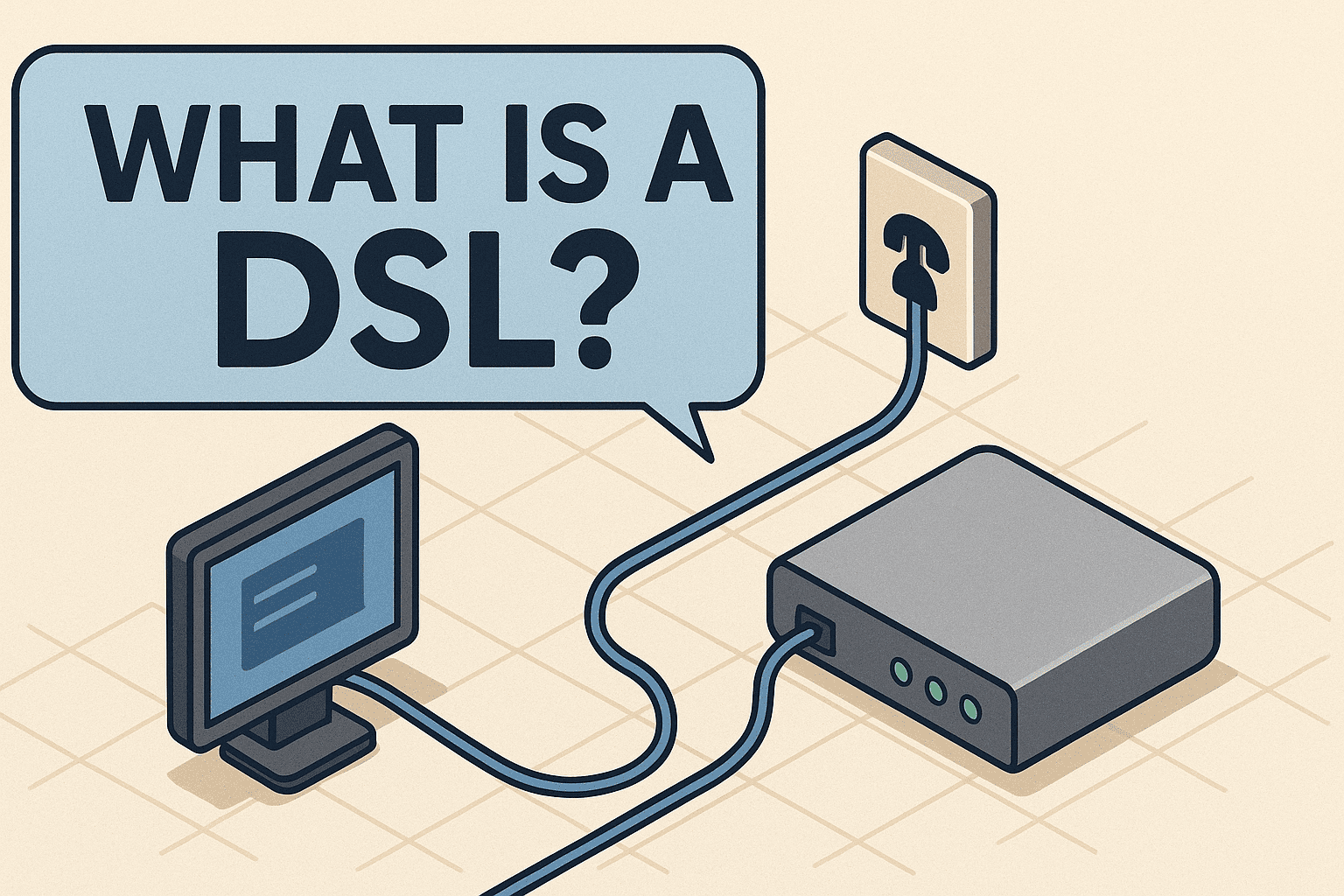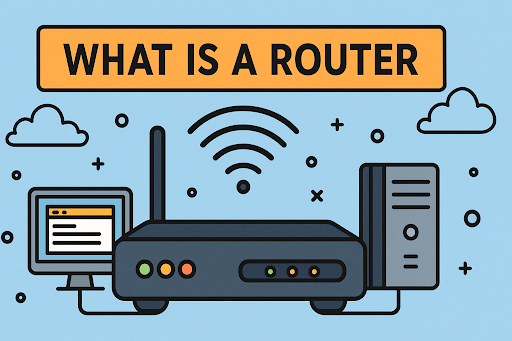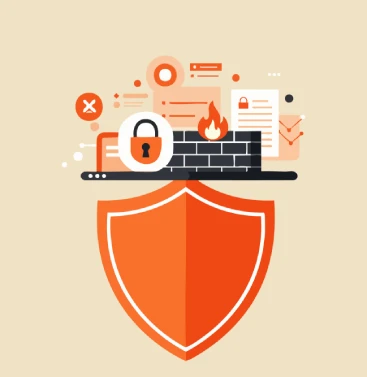Change Healthcare Ransomware Attack: Protecting Personal Health Information in a Rising Threat Landscape
Updated on November 1, 2024, by Xcitium
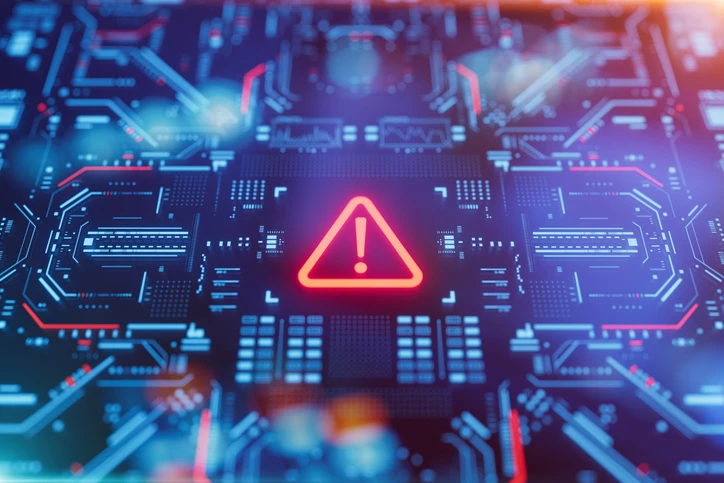
Healthcare Ransomware Attack: The recent ransomware attack on Change Healthcare, which exposed the personal health information (PHI) of over 100 million individuals, is a stark reminder of the critical need to protect sensitive data in the healthcare sector. As cybercriminals increasingly target healthcare organizations, the implications of these breaches go beyond financial losses, affecting patient privacy, safety, and trust. This attack underscores the urgency for healthcare organizations to adopt robust cybersecurity measures that focus on proactive prevention and compliance with regulatory standards.
The Severity of the Attack
Change Healthcare, a leading provider of revenue cycle management and health information technology solutions, experienced a significant ransomware attack that compromised the PHI of millions. The breach included sensitive data such as medical records, personal identification information, and financial details, placing affected individuals at risk of identity theft, fraud, and other malicious activities.
Ransomware attacks on healthcare organizations are particularly alarming because of the nature of the data involved. PHI is highly valuable on the dark web, making healthcare providers prime targets for cybercriminals. Additionally, the disruption caused by these attacks can delay critical medical services, jeopardizing patient safety and healthcare outcomes.
The Growing Threat to Healthcare Cybersecurity
The healthcare industry has become one of the top targets for ransomware attacks, driven by the sector’s reliance on digital systems and the high value of patient data. Cybercriminals are increasingly exploiting vulnerabilities in electronic health record (EHR) systems, medical devices, and third-party software providers, all of which are integral to healthcare operations.
Regulatory frameworks such as the Health Insurance Portability and Accountability Act (HIPAA) in the U.S. are designed to ensure the security and confidentiality of patient data. However, compliance alone is not enough. The Change Healthcare incident illustrates how quickly ransomware attacks can bypass traditional defenses, exposing critical data despite compliance measures being in place. To effectively combat these threats, healthcare organizations must adopt a proactive cybersecurity strategy that goes beyond basic regulatory requirements.
The Need for Proactive Cybersecurity in Healthcare
In light of the Change Healthcare ransomware attack, healthcare organizations must prioritize proactive cybersecurity measures to protect PHI and maintain patient trust. A key component of this approach is the implementation of a Zero Trust security model, which operates on the principle of “never trust, always verify.” This model requires continuous authentication and authorization of all users, devices, and applications, ensuring that no entity can access sensitive data without proper verification.
Another essential element of proactive cybersecurity is containment technology. Containment solutions work by isolating suspicious files and code before they can execute and spread within the network. This approach is particularly effective against ransomware attacks, as it stops malicious software at the point of entry, preventing it from encrypting critical data.
In addition to Zero Trust and containment, regular vulnerability assessments, employee training, and incident response planning are critical for improving healthcare cybersecurity. These measures help identify and mitigate potential weaknesses, ensuring that healthcare organizations can respond swiftly and effectively to emerging threats.
The Importance of Compliance and Beyond
While compliance with regulations like HIPAA is essential, it is only the baseline for healthcare cybersecurity. Healthcare organizations must go beyond compliance to implement advanced security measures that address the evolving tactics of cybercriminals. This includes continuous monitoring of network activity, integration of threat intelligence, and the use of machine learning to detect anomalies that may indicate a breach.
Additionally, healthcare providers must ensure that third-party vendors, such as electronic health record systems and cloud service providers, adhere to the same stringent security standards. Supply chain security is a critical component of overall cybersecurity, as breaches in third-party systems can have a direct impact on patient data.
What Makes Xcitium Stand Out
Xcitium offers advanced cybersecurity solutions tailored to the unique needs of healthcare organizations. Xcitium’s ZeroDwell Containment technology is designed to neutralize threats in real-time, preventing ransomware and other malicious software from executing and compromising sensitive data. This proactive approach ensures that PHI is protected even when attackers attempt to exploit vulnerabilities within the network.
Built on the principles of Zero Trust, Xcitium’s platform continuously verifies every access request, ensuring that only authorized users and devices can interact with critical healthcare systems. This approach not only enhances security but also supports compliance efforts, helping healthcare providers meet HIPAA and other regulatory requirements.
With Xcitium, healthcare organizations can achieve a higher level of security that goes beyond compliance, focusing on proactive prevention and real-time threat containment. By partnering with Xcitium, healthcare providers can better protect patient data, maintain operational continuity, and build trust with patients and stakeholders.
Conclusion: Securing Healthcare in an Evolving Threat Landscape
The ransomware attack on Change Healthcare highlights the urgent need for stronger cybersecurity measures in the healthcare sector. As cybercriminals continue to target sensitive patient data, healthcare organizations must adopt proactive, prevention-focused strategies that go beyond compliance to effectively protect PHI.
Xcitium’s advanced solutions offer healthcare providers the tools they need to prevent ransomware attacks and safeguard sensitive data. By embracing proactive security measures like Zero Trust and containment technology, healthcare organizations can enhance their defenses, ensure patient safety, and maintain trust in an increasingly hostile cyber landscape.




